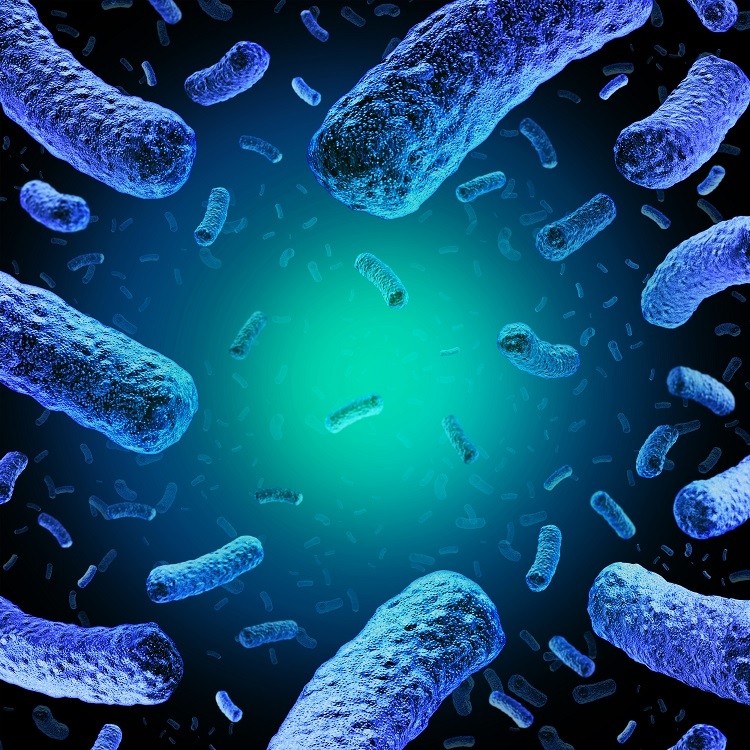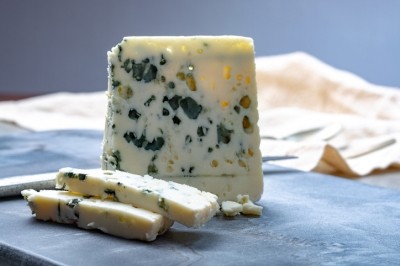Cheese shop pulls products from shelves after Listeria outbreak

Listeria is a bacterium that can be found in water, soil, decaying vegetation and other moist environments, and can even survive in fridges. Foods may get contaminated at the primary production level or during processing, packing, or transporting.
Listeria causes a disease called listeriosis, the symptoms of which range from muscle aches, nausea and vomiting, and diarrhoea, and in extreme cases convulsions, confusion and even death. Pregnant women, children and the elderly are more susceptible to Listeria than healthy adults and advised to steer clear of foods that carry a high risk of contamination, such as raw fish and unpasteurised milk. It is more often found in chilled foods that don’t need to be reheated, such as pâté, cured meats, and pre-packed sandwiches.
After an order from the Food Standards Agency, the Old Cheese Room, a family-owned cheese shop based in Wiltshire, England, recalled several of their products, including their Baronet, Baby Baronet and Mini Baronet Soft Cheeses, following the testing and discovery of a Listeria infection in them.
They are recalling batches with best before dates of 22 March, 4 April, and 10 April, and have asked customers to return cheeses from these batches. No more Baronet cheeses of any kind have been made by them since the outbreak. They are swab testing the ripening room regularly, as well as cleaning and disinfecting it thoroughly. From now on, they have pledged to test every batch of cheese before it leaves their premises.
“Listeria is a persistent bacterium that can withstand high salt and high acid conditions, and it can grow at refrigeration conditions,” Marjon Wells-Bennik, a principal scientist food safety at NIZO, a contract organisation dedicated to improving food and health products, told FoodNavigator. “Many cheese types intrinsically do not support growth because of presence of lactate . . . for others (often soft cheese with a relatively high pH), growth may be possible.” Baronet, therefore, as a soft cheese, may have provided the right conditions for growth following contamination.
Other outbreaks
This is the latest in a series of Listeria outbreaks across a variety of sectors. For example, between 2021 and 2022, there was an outbreak across the UK that affected ready-to-eat smoked fish.
During the outbreak, around 14 people got listeriosis, which resulted in three deaths (all of which were people over 65). People in vulnerable groups, such as the elderly, were advised to cook smoked fish thoroughly before eating it. “Listeria is a continuous concern for – especially – ready to eat food manufacturers,” Wells-Bennik told us.
Between April and December 2022, five cases of listeriosis were linked to the products of French alternative dairy brand Jay & Joy. The company, which makes vegan cheese from cashew nuts and almond milk, recalled products made between 14 January and 30 March after the cases, which included four pregnant women, were discovered.
A subsequent investigation into their factory revealed “irregularities”, such as poor management and control of microbiological contamination risk. The company have since suspended advertising of all products made on the site. Consumers have been asked to return any of these products they may have.
“Plant based foods typically undergo a heating step, so in principle Listeria is killed,” Wells-Bennik told FoodNavigator. However, “post processing contamination is a potential concern. In principle, plant-based cheeses should not be a higher risk than any other ready-to-eat food product. But obviously, inactivation during processing and prevention of both post-processing contaminations and outgrowth in the product must be ensured.”
There are, however, measures in place to stop outbreaks from occurring. “The EC regulation 2073/2005 distinguishes between ready to eat products that support growth and products that do not support growth,” emphasised Wells-Bennik.
Furthermore, “outbreaks are stopped as soon as possible, and current outbreak investigations using whole genome sequencing are very effective to get to the source and thereby stop the distribution of possibly contaminated foods.”
Indeed, whole genome sequencing – the ability to find out the genetic information of the Listeria – is vital to identifying a recurring strain of the contaminant and identifying its source, thereby leading to the point where it can be got rid of.
























